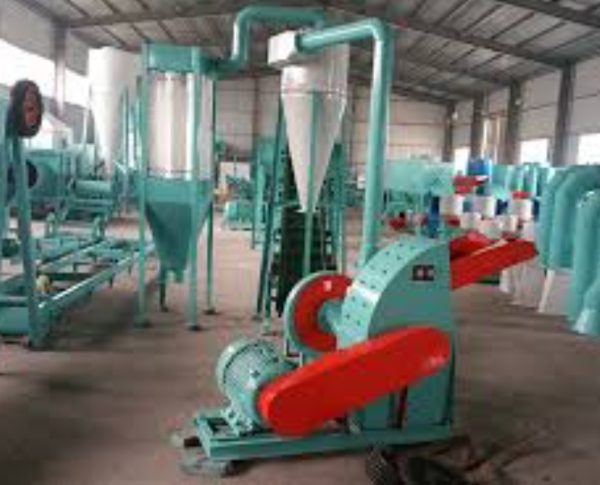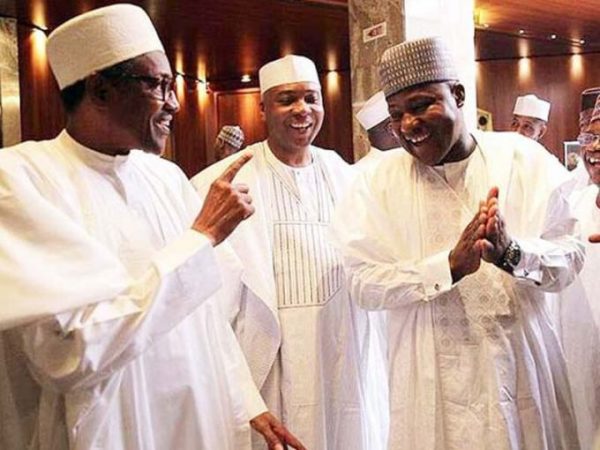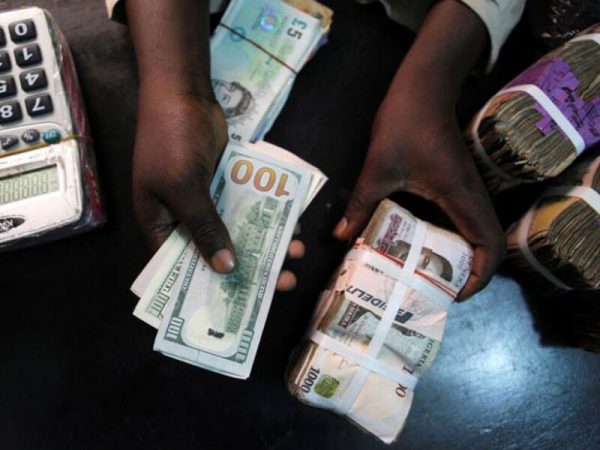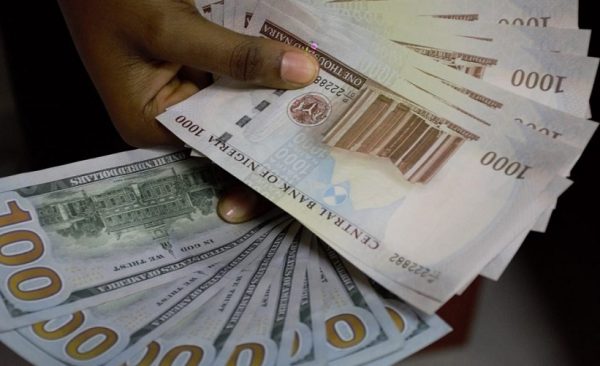FG Budgets N207m To Establish Fish Feed Mills
The Federal Government, through the Ministry of Marine and Blue Economy, has budgeted N207.3m for the construction of a local fish feed mill in the six geopolitical zones of the country.
The government also plans to spend N151m on post-harvest infrastructure development for fisheries and aquaculture to reduce waste.
This was contained in the 2025 Appropriation Bill of the Ministry of Marine and Blue Economy, which The PUNCH sighted on Sunday.
The government added that it will spend the sum of N185m for the provision/construction of solar panels and inverters as an alternative source of power to the ministry.
According to the budget, N119m was allocated for the establishment of a regional maritime development bank.
A breakdown of the budget showed that the total money allocated to the ministry in the budget was N38.3bn while capital expenditure was N35.7bn, overhead, was N744m, and personnel, was N1.8bn.
Similarly, N300m was allocated for the purchase of sea boats while the sum of N333.6m was allocated for the purchase of motor vehicles for the ministry.
Rehabilitation repairs got, N191.5m while the ministry planned to spend N54m for the preservation of the environment.
Reacting to the proposed fish feed mills, the Fisheries Cooperative Federation of Nigeria Limited lauded the Federal Government for the proposal.
The National President of FCFNL, Muhammad Laminu, in a telephone conversation with The PUNCH on Sunday, while commending the initiative expressed fear that implementation might become a challenge.
He, however, noted that if fully implemented, the initiative would address the high cost of feed that fish farmers are facing in the country.
“It’s a good plan but the problem is putting it into operation and sustaining it. It will help greatly because the major problem of fish farming in this country is the high cost of feed. But we pray the government will use our local raw materials for production thereby reducing the cost of production and the price will go down,” Laminu said.
According to him, “If the proposed project is completed and sustained, the government will succeed in tackling food scarcity, creating jobs, improving revenue, enhancing the protein needs of Nigerians, and generating income. To achieve this there is a need for government to engage the stakeholders in the industry. We will contribute greatly to its sustainability.”








